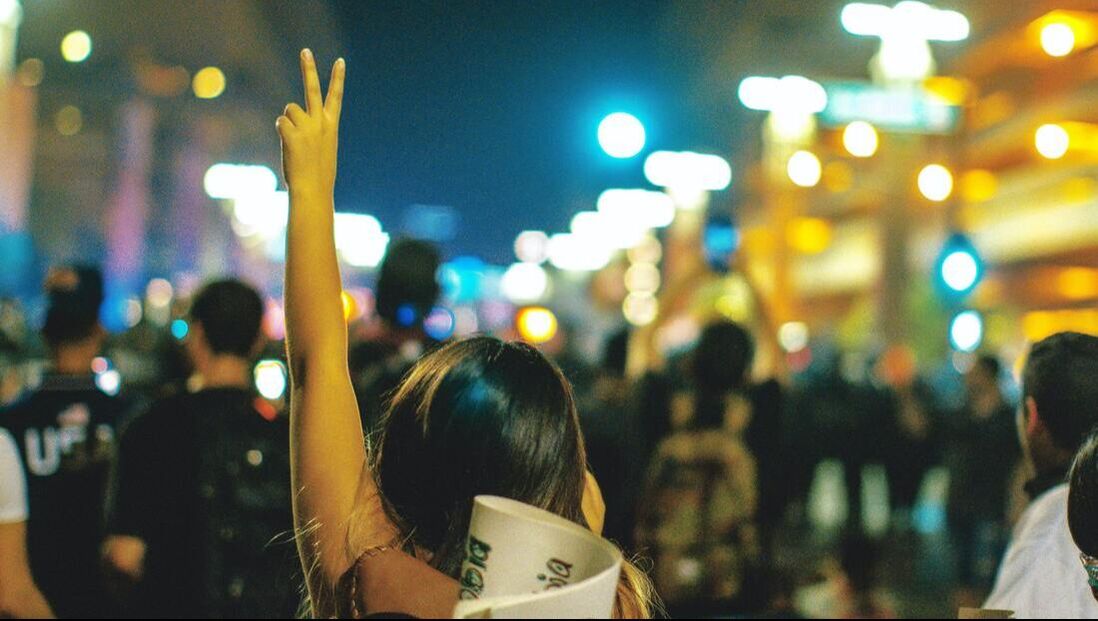|
Last summer, Americans angered by the murder of George Floyd passionately but peacefully protested in Minneapolis, Portland and other cities. Their protests were sometimes followed by rioting, looting and the burning down of businesses.
How do we treat peaceful protesters when violence is in the vicinity? A measure recently signed into law in Florida would have criminalized attendance at a rally where some violence occurs, even if the individuals charged with crimes committed no violent acts. “This targeting of protesters is shameful and directly contradicts our Constitution,” the NAACP Legal Defense and Educational Fund wrote in a filing with the American Civil Liberties Union and other groups. A federal judge recently agreed, bringing clarity to this issue when he blocked the implementation of that law. U.S. District Judge Mark Walker enjoined the Florida statute. What he said should be guidance to those on all sides who want to criminalize speech in the form of peaceful protest: If this court does not enjoin the statute's enforcement, the lawless actions of a few rogue individuals could effectively criminalize the protected speech of hundreds, if not thousands, of law-abiding Floridians. Because it is unclear whether a person must share an intent to do violence and because it is unclear what it means to participate, the statute can plausibly be read to criminalize continuing to protest after violence occurs, even if the protestors are not involved in, and do not support, the violence. The statute can also be read to criminalize other expressive activity, like remaining at the scene of a protest turned violent to film the police reaction. Those who engage in violence must be prosecuted. But laws should focus on those who commit criminal acts, not those who exercise their right to peaceably assemble and to petition the government for a redress of grievances. Comments are closed.
|
Archives
June 2024
Categories
All
|
ABOUT |
ISSUES |
TAKE ACTION |



 RSS Feed
RSS Feed